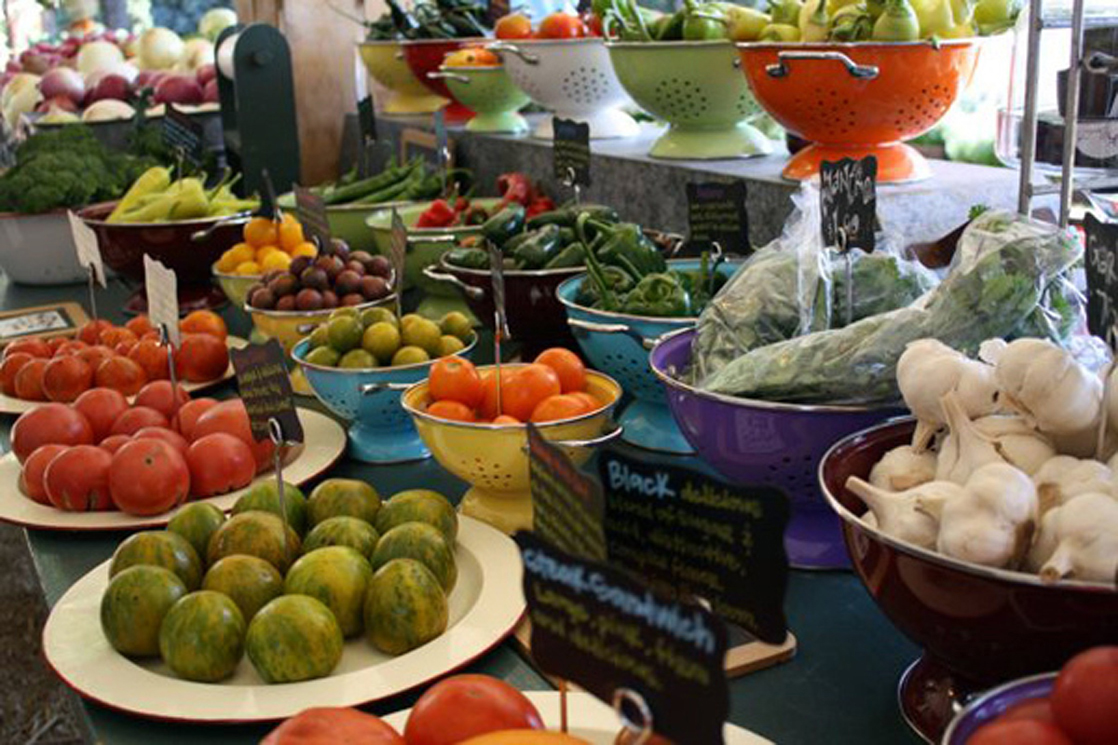| << Chapter < Page | Chapter >> Page > |

All living organisms need nutrients to survive. While plants can obtain the molecules required for cellular function through the process of photosynthesis, most animals obtain their nutrients by the consumption of other organisms. At the cellular level, the biological molecules necessary for animal function are amino acids, lipid molecules, nucleotides, and simple sugars. However, the food consumed consists of protein, fat, and complex carbohydrates. Animals must convert these macromolecules into the simple molecules required for maintaining cellular functions, such as assembling new molecules, cells, and tissues. The conversion of the food consumed to the nutrients required is a multi-step process involving digestion and absorption. During digestion, food particles are broken down to smaller components, and later, they are absorbed by the body.
One of the challenges in human nutrition is maintaining a balance between food intake, storage, and energy expenditure. Imbalances can have serious health consequences. For example, eating too much food while not expending much energy leads to obesity, which in turn will increase the risk of developing illnesses such as type-2 diabetes and cardiovascular disease. The recent rise in obesity and related diseases makes understanding the role of diet and nutrition in maintaining good health all the more important.

Notification Switch
Would you like to follow the 'Biology' conversation and receive update notifications?